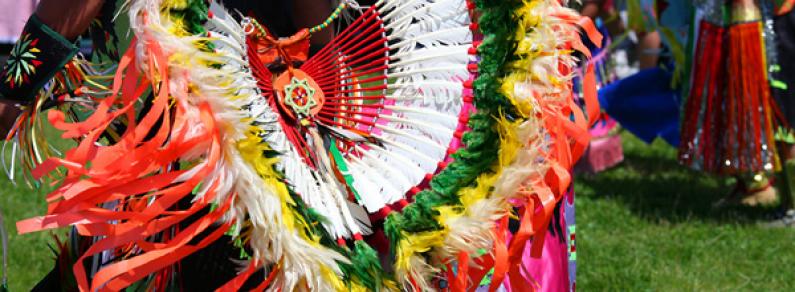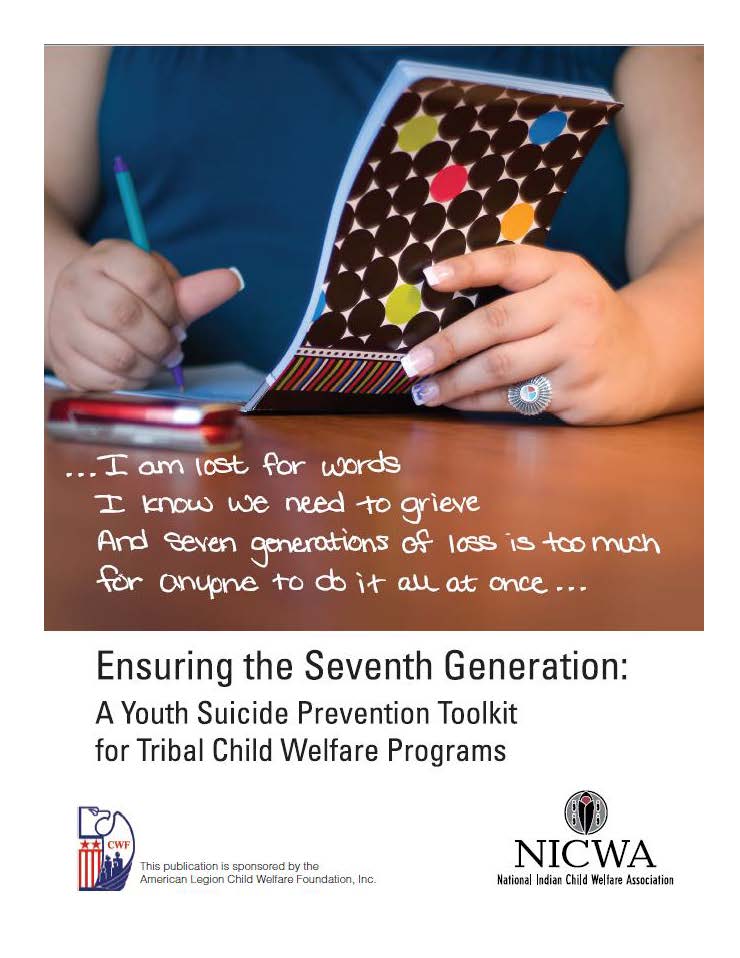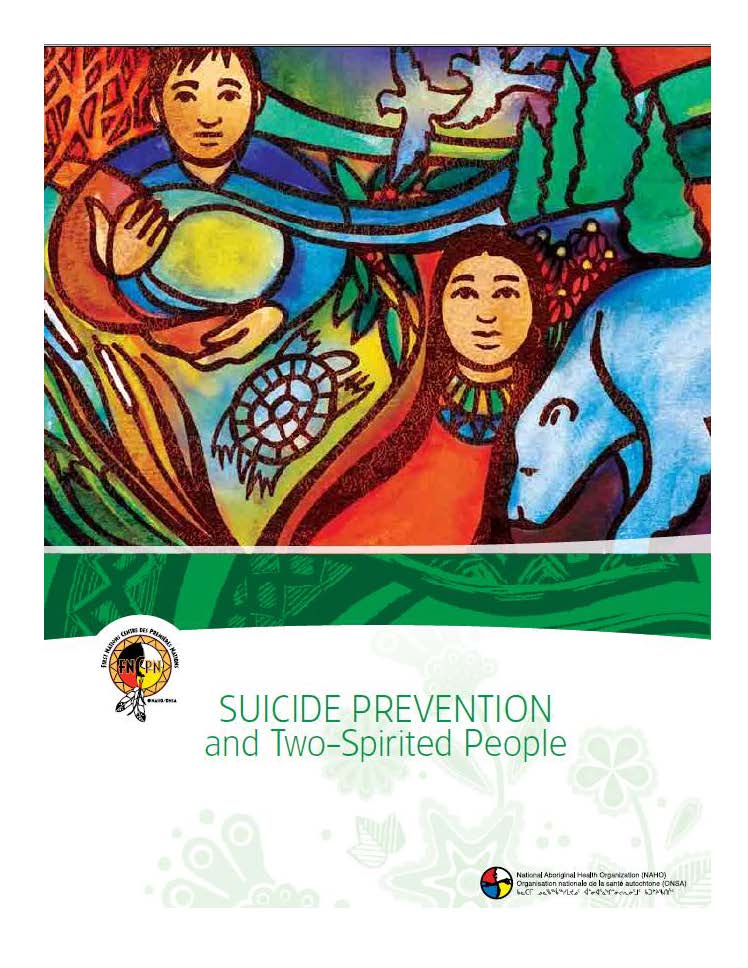Culturally Relevant Links

The recommended resources and links on this page provide culturally relevant information and resources to support tribal nations in promoting healthy behaviors to reduce critical health disparities in Indian Country.
American Indian/Alaska Native LGBTQ and Two-Spirit Resources
The purpose of these websites is to provide support and resources for indigenous lesbian, gay, bisexual, transgender, queer, and two-spirit people.

NativeOUT is a national unincorporated nonprofit education and media organization that is actively involved in the Two Spirit Movement. Its Facebook account provides news, events and other information to create social change in rural and urban communities that benefit indigenous lesbian, gay, bisexual, transgender, queer, and two-spirit people.

Ensuring the seventh generation: A youth suicide prevention toolkit for tribal child welfare programs is a toolkit developed by the National Indian Child Welfare Association for tribal child welfare workers and care providers. Contents include: child and youth suicide risk factors, specific risk factors associated with children served in child welfare, warning signs, suicide prevention and intervention strategies that can be applied in child welfare agencies.

Suicide prevention and two-spirited people is a report prepared by the National Aboriginal Health Organization. It describes how First Nations communities can support two-spirited people by providing safe spaces that include and respect them, standing up for them, and speaking out about the discrimination these persons may experience.
Historical Trauma and Trauma-Informed Resources
Historical trauma response is a constellation of features in reaction to massive group trauma. The following websites provide information about historical trauma and trauma-informed prevention, intervention, healing, and experiences.

The Indian Country Child Trauma Center is part of the National Child Traumatic Stress Network funded by the Substance Abuse and Mental Health Services Administration. Its website features many resources on trauma for AI/AN children and families.

The National Native Children’s Trauma Center (NNCTC), at the University of Montana, is also part of the National Child Traumatic Stress Network. It offers trainings and consultations on childhood trauma among AI/AN children.

SAMHSA’s National Center for Trauma-Informed Care and Alternatives to Seclusion and Restraint (NCTIC) is a technical assistance center dedicated to building awareness of trauma-informed care. The site includes training, technical assistance, and referral and support services for crisis centers to expand their knowledge of available resources.
